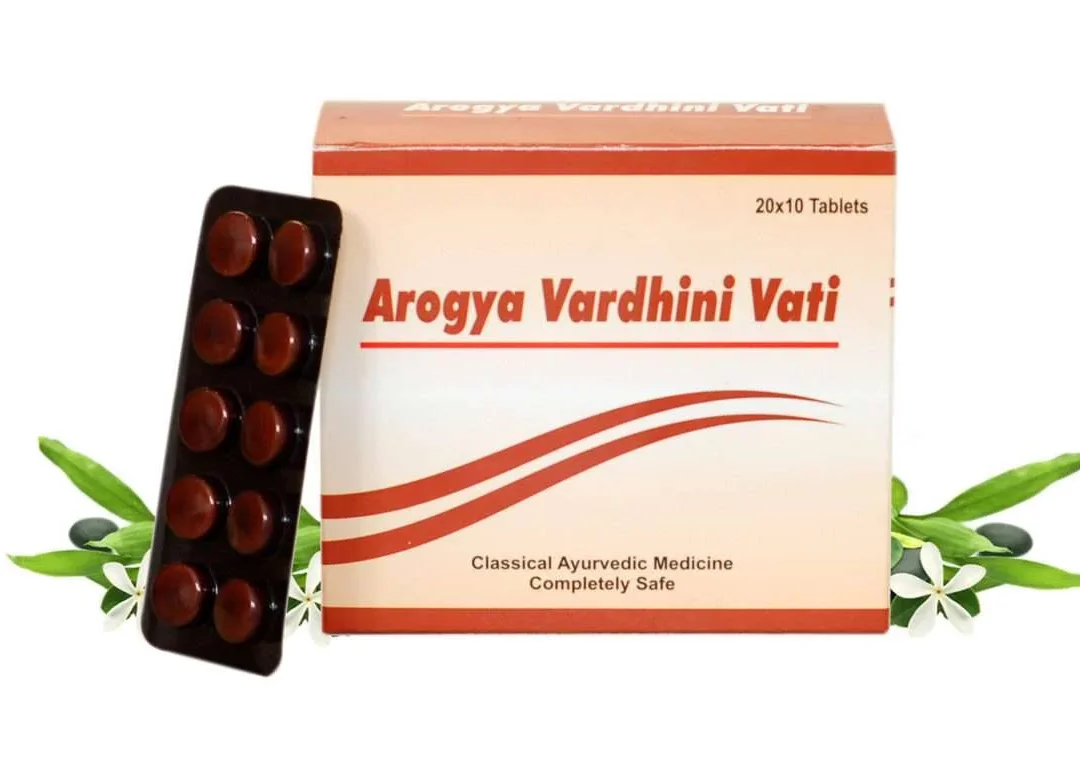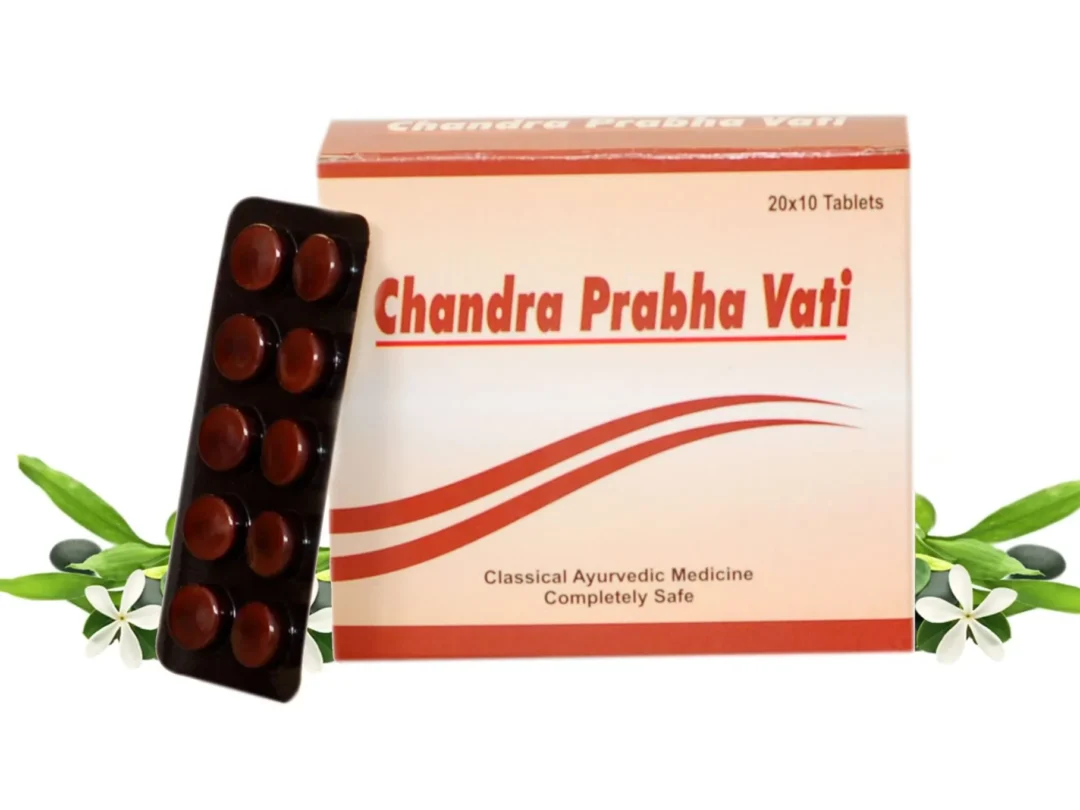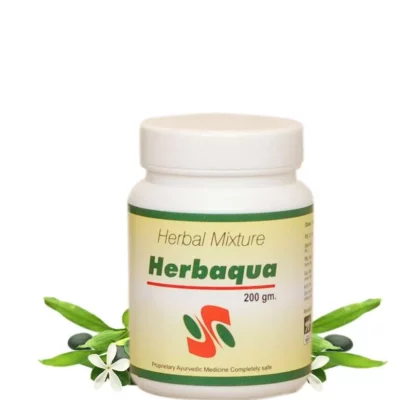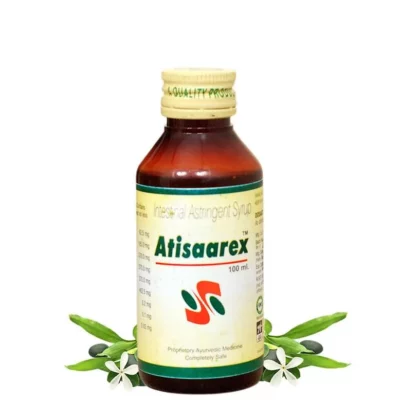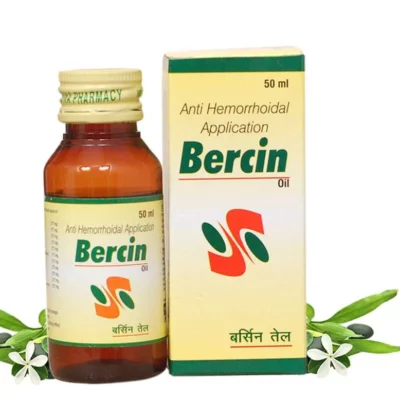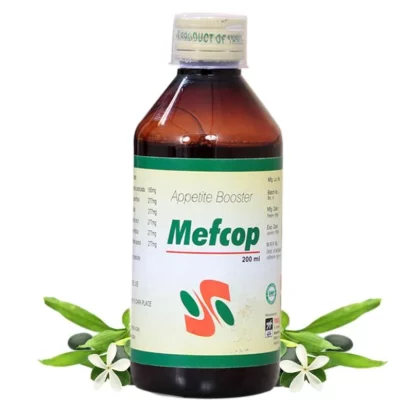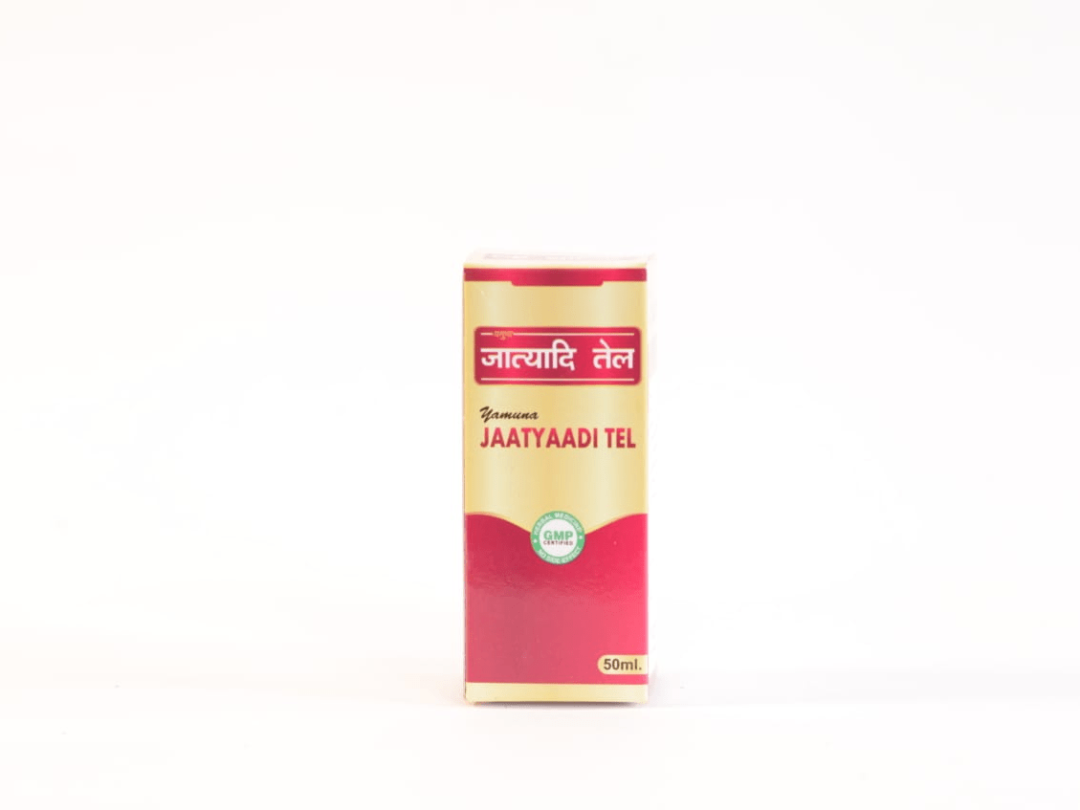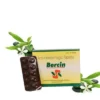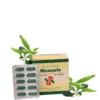Pancreatitis is an inflammation of the pancreas, the organ located deep within the abdomen, about six inches long, and surrounded by stomach,?liver, small intestine and spleen. Pancreas play a vital role in digestive and endocrine systems and aids in digestion of food. It also regulates the production of insulin hormone, which controls the level of sugar in the blood.
Causes
Acute Pancreatitis is often caused due to gallstones that block the duct of pancreas, while chronic pancreatitis is mostly due to excess alcohol consumption. But, repeat cases of acute pancreatitis may lead to chronic pancreatitis. Other known causes of pancreatitis are abdominal surgery, smoking, medications, hypercalcemia, high triglycerides, family history of pancreatitis, hyper para-thyrodism and cystic fibrosis.
Symptoms
Some symptoms of acute pancreatitis are upper abdominal pain that radiates into the back, swollen and tender abdomen, fever, nausea and vomiting, coupled by an increased heart rate. When the disease gets chronic,?weight loss?is also observed due to mal-absorption of food.
Role of Ayurveda in treating Pancreatitis
In Ayurveda, Pancreas are also known as ?grahani? and is considered as the special seat of agni (fire) in the body. Pancreatitis in the initial phase is Vata-Pita (air & fire elements) leading to aggravation in digestive fluids situated in pancreas, and in chronic stage there is degenerative changes observed.
Ayurveda basically rejuvenates the pancreas and restores its functioning, i.e., its role of producing insulin. When pancreatitis has progressed to a chronic stage, it is managed with medicines and dietary guidelines. Medicines vary from one individual to another depending on age, body constitution and on how far the disease has progressed. Doctors assess all these aspects before deciding on the course of treatment. Ayurveda aims to balance the air and fire elements.
Ayurvedic treatment and remedies
The duration of treatment in Ayurveda may be 2 to 6 months. The patient will begin to experience a better digestion, although the pain will come. After a few weeks, the intensity and frequency of pain will decrease. However, during the course of treatment, it is essential to adhere to dietary regimen, else, the symptoms may reappear.
One of the main?herbs?that Ayurveda uses to treat pancreatic disorders is ?Turmeric?, which is now being studied by conventional physicians due to its role in treatment and prevention of pancreatitis.
Another useful herb for this condition recommended by Ayurveda is the ?Indian Gooseberry?. Apart from powerful antioxidant properties, it is also one of the richest sources of vitamin C. The?antioxidants?of gooseberry help the body to neutralize free radicals that are thought to play a role in pancreatitis and other health conditions.
Another particularly good herb to treat this condition is ?dandelion root? as it improves digestion of fats by improving bile production. Also, ?licorice? is an excellent anti-inflammatory. ?Cramp bark (Viburnum opulus)? will help ease inflammation, cramping and pain.
Among the other remedies recommended by Ayurvedic physicians are: Chebula, Behada or Terminalia, Yashtimadhuk, Haritaki etc., which form the main stay of treatment for his condition.
>It is also said that antioxidant-rich foods like blueberries are a traditional pancreatic remedy, due to their high antioxidant content. An even stronger anthocyanosides present in bilberry fruit is also available as a supplement now.
Diet and Lifestyle
One of the most important ways to tackle this condition and maintain proper functioning of pancreas are modification of diet and lifestyle. Include foods rich in omega-3 fatty acids, veggies, nuts, cereals, beans, and fruit, which help protect against?diseases?and disorders of pancreas.
Follow a Satvik diet and totally shun refined items. Limit meat consumption and have only low fat foods. Drinking plenty of water is essential, as pancreatitis cause dehydration. It is also essential to cut out sugars, tobacco and alcohol completely.
However, among all, buttermilk and Indian Gooseberry are the best of foods suggested by Ayurveda for chronic pancreatitis.
In general foods having a pungent and sour taste are to be avoided, apart from avoiding refrigerated foods like ice cream, refined sugar and wheat flour, fried food, fast food, raw onion, garlic, hot spicy food, etc.
As for lifestyle modifications, specific yoga poses (particularly Vajrasana), practiced under expert guidance may be helpful. Daytime sleeping has to be avoided. Dinner should be kept very light, and preferably stick to soups. Finally, it goes without saying that alcohol and smoking has to be avoided at any cost.



